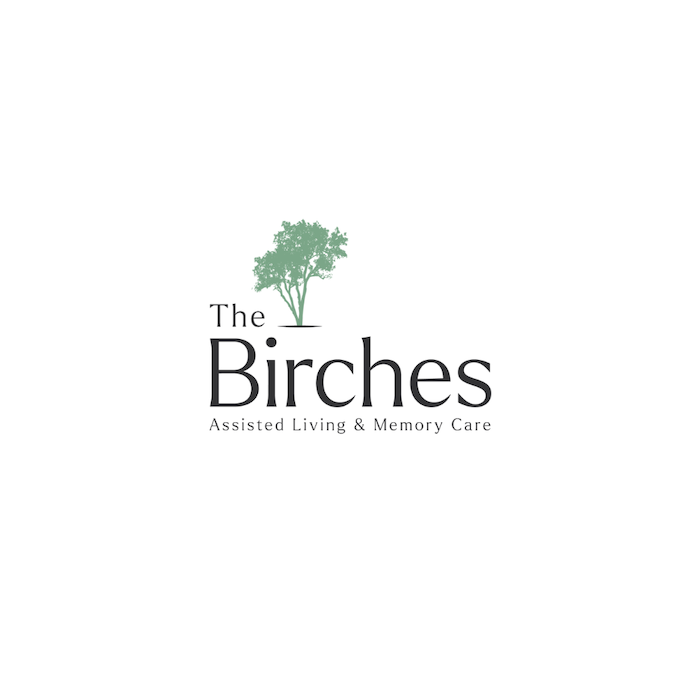Alzheimer’s Disease is the most common cause of dementia.
Despite major investments in time and money and great knowledge gained about living with Alzheimer’s, we don’t know much about the underlying causes, and the existing treatments aren’t terribly helpful.
This is not a small problem. The number of people living with dementia is high and growing, not only in the United States, but world-wide, as people are living longer and, some say, adopting the standard American diet and lifestyle.
Laboratory and clinical scientists all over the world are working to understand uncounted aspects of these insidious dementia-causing diseases that act as thieves of our personhood and abilities.
Rush Memory and Aging Project
One such examination and scientific inquiry has been underway here in Chicagoland for twenty years. This is the Rush Memory and Aging Project, affiliated with Rush Alzheimer’s Disease Center, one of twenty-nine such centers located around the country. This one, as you would guess from the name, is located in Rush University Medical Center, in Chicago.
Since 1997, scientists from Rush, now lead by Dr. David Bennett, have been seeking understanding of possible connections between environmental and genetic factors and the development of Alzheimer’s.
Many if not most of the more than 2,000 guinea pigs for this project have been recruited from over thirty Chicago area senior living settings, including The Birches. These volunteers have agreed to undergo an initial baseline examination, annual examinations, and postmortem examination of brain tissues.
Signs of Memory Loss
The Rush team finds volunteers with no known dementia, learns about their lives and possible risk factors, and conducts annual evaluations. The team looks for changes (measures of decline, as sadly, you might expect) in cognition (memory, thinking, judgement, and more), and they take sophisticated annual measurements of motor skills and abilities.
Symptoms of Alzheimer's Disease
After a participant’s passing, brain tissue is examined for signs of Alzheimer’s Disease. Special procedures to expedite the post-mortem exams have been worked out between Rush, the senior living communities, the participants, their families, and their funeral directors. The family funeral director can receive the person’s remains (minus some brain tissue) quite soon after death.
There are many comparison studies carried on within subgroups of the total group of participants using the same data collected annually from everyone. These involve sorting folks by age and other variables and making comparisons to what’s found on annual measurement of cognition and motor skills. The team leader cites many advances in knowledge that have come directly from this very special long-term study.
Despite this work at Rush, neither through pharmacological nor lifestyle approaches has science achieved a cure. Nor has the scientific community agreed on possible preventive strategies. Absent that, or perhaps because of it, we can’t forget what we do have and that we can do quite well, and that is simply the ability to ‘make the most of things’ through creative engagement. Shouldn’t we try? Oh, and maybe join the Rush study. They are looking for people all the time.
